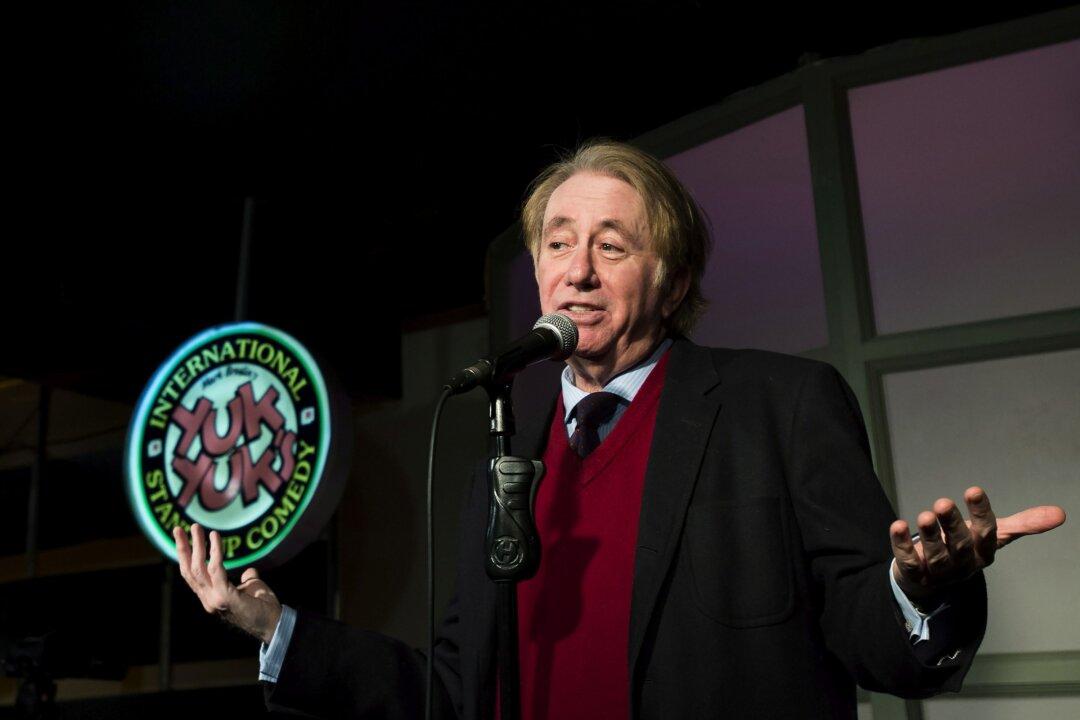Comedians in Canada are finding it increasingly harder to get gigs, with some saying they have encountered backlash, threats, and cancelled shows due to their approach to making people laugh.
Elizabeth Stanton is a Vancouver-based stand-up comic who claims her jokes have gotten her banned from most venues because many owners and managers don’t want to risk offending their audiences, and fellow comedians refuse to be booked alongside her.





